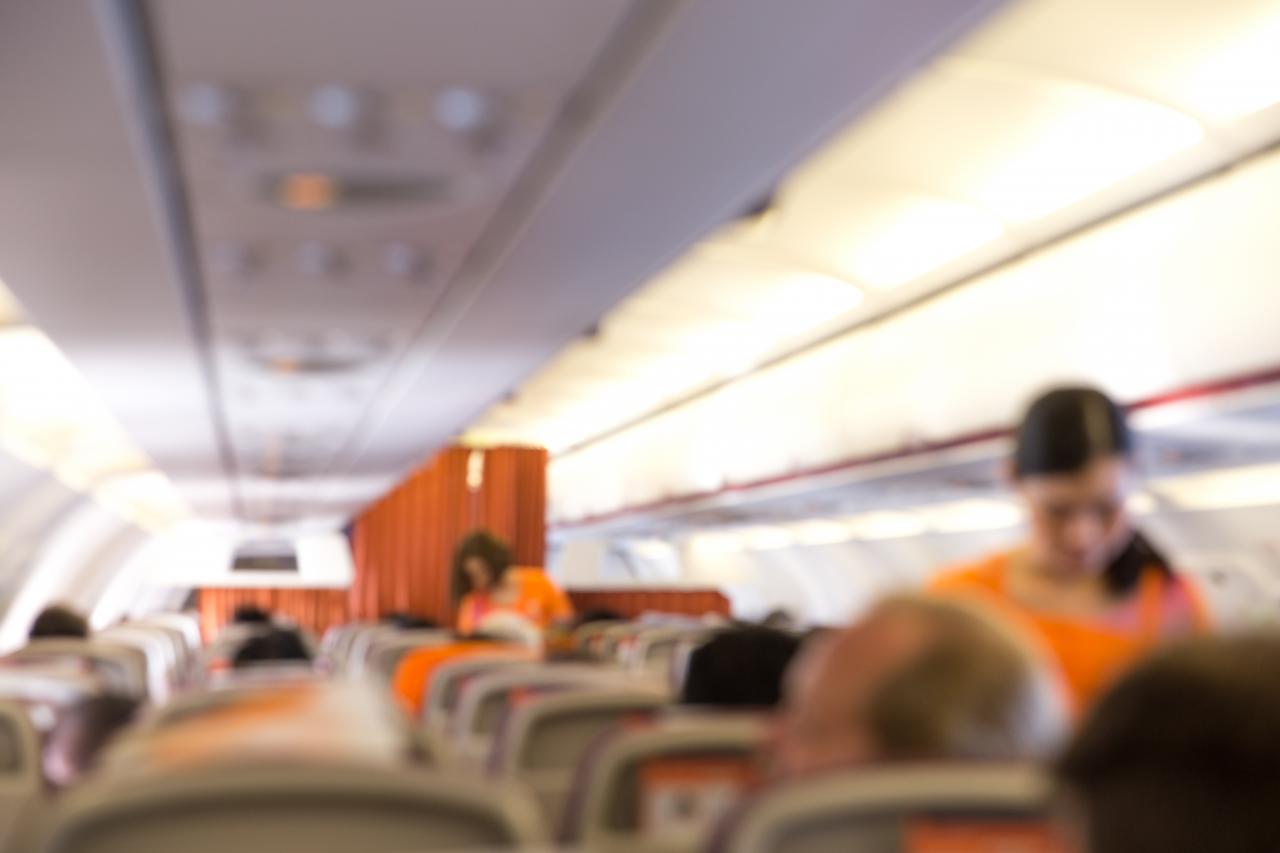Are you discussing modern, offer- and order-based travel retailing with other leaders at your agency? Airlines, tech providers, and many travel retailers are figuring out what the future means for them, and now is a great time for you to do the same. Here are nine questions agency leaders should think about.
- What’s new about ‘modern’ travel retailing?
- What do travelers want?
- What about us? The role of agencies
- How do we build a successful strategy?
- How will our operations need to change?
- What does an effective tech stack include?
- How can tech providers like Sabre help?
- Are airlines making progress?
- The transition: how do we get there?
1. What’s new about ‘modern’ travel retailing?
To get started, it’s helpful to consider the basics…

Travel retailing is the process of selling and servicing travel and related products. ‘Retailing’ goes beyond selling to consider the holistic customer experience, not just a simple transaction.
Modern travel retailing refers to retail experiences that meet and exceed the expectations of today’s travelers. It involves frictionless, intuitive, and personalized shopping, booking, and servicing. The travel industry today is disjointed across stakeholders and falls behind other industries in delivering this level of experience.
Offers and orders is an airline initiative driven by IATA that replaces the traditional sales and service infrastructure between tech providers, travel suppliers, retailers and buyers with a modular infrastructure enabled by offers and orders. It’s underpinned by industry standards: NDC and ONE Order. NDC enables richer messages and content to be sent from an airline to third parties. ONE Order combines PNRs, e-tickets, and electronic miscellaneous documents to be combined in a single record.
Airlines can use these standards to create modern retailing experiences by distributing new content and capabilities through third parties:
- New products and non-air extras beyond traditional ancillaries
- Personalized product bundles tailored with contextual information
- More relevant search results based on traveler profile or persona
- Improved self-service and automated order management
Agency leaders should make sure they understand these opportunities and stay up to date with industry standards to make informed decisions about what it means for their businesses and customers.
2. What do travelers want?

Travelers already experience ‘modern’ retailing in other areas of their lives: video streaming, multi-modal navigation apps, productivity tools, grocery delivery, and more. These industries are built on tech stacks with flexible, scalable systems that enable product and service providers to develop intuitive, personalized experiences. The travel industry’s move to an offer- and order-based infrastructure provides a foundation for suppliers and retailers to match or even exceed these experiences.
Travelers’ expectations are constantly evolving and despite the differences across customer segments, there are common themes in what they look for from travel retailing experiences:
- A broad but tailored choice of products
- Flexible, fast, self-service order management for changes, refunds, and exchanges
- Clear product options, easy to compare and customize
- Recognition of brand loyalty for individuals and corporations
- Comprehensive support to manage changes and disruption
3. What about us? The role of agencies
In Stuck in the middle seat: how agencies can take control of their future, we looked at the role and perspectives of agencies in the evolving airline distribution landscape. We considered how the bulk of development work needed for the industry to transition to offer and order-based retailing relies on airlines and tech providers.
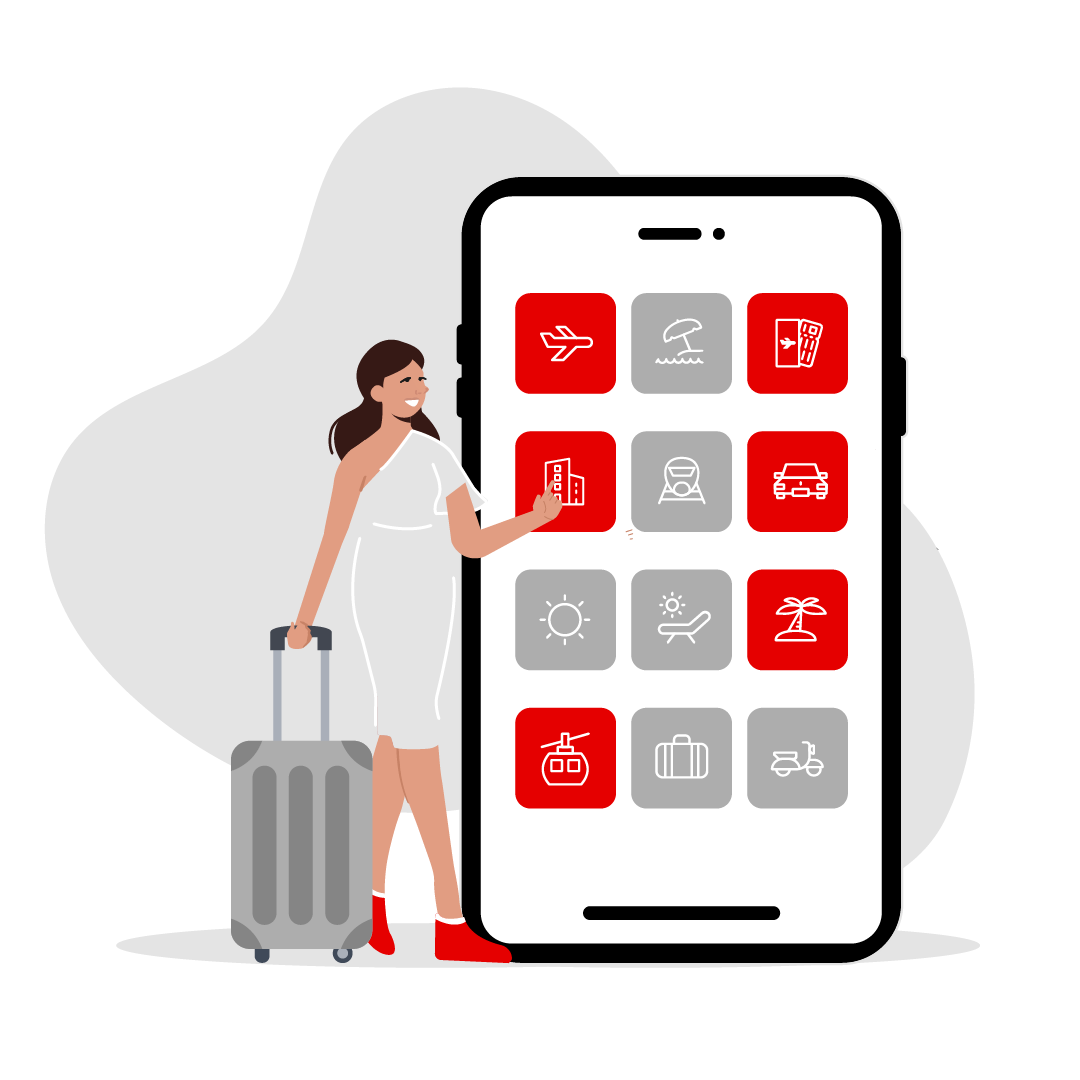
But agencies aren’t necessarily on the sidelines. They are expected to account for more than 40% of gross airline bookings this year, representing hundreds of millions of customer interactions. This gives agencies a strong position from which to understand and address customer needs.
In a future enabled by offers and orders, the scope of travel retailing and customer experiences will broaden beyond what’s possible today. Many agencies are already delivering intuitive and personalized retailing experiences, and they can use the industry’s transformation as an opportunity to innovate further: redefine their role in the ecosystem, streamline processes, deepen relationships with customers, and open new partnership and revenue opportunities.
As we’ve seen recently with tech giants like Google, Microsoft, Meta and Baidu launching artificial intelligence (AI) products in quick succession, the travel industry will reach a tipping point in the next few years when modern retailing experiences become table stakes. Agency leaders need to start thinking about how to position themselves in the travel industry of the future.
4. How do we build a successful strategy?
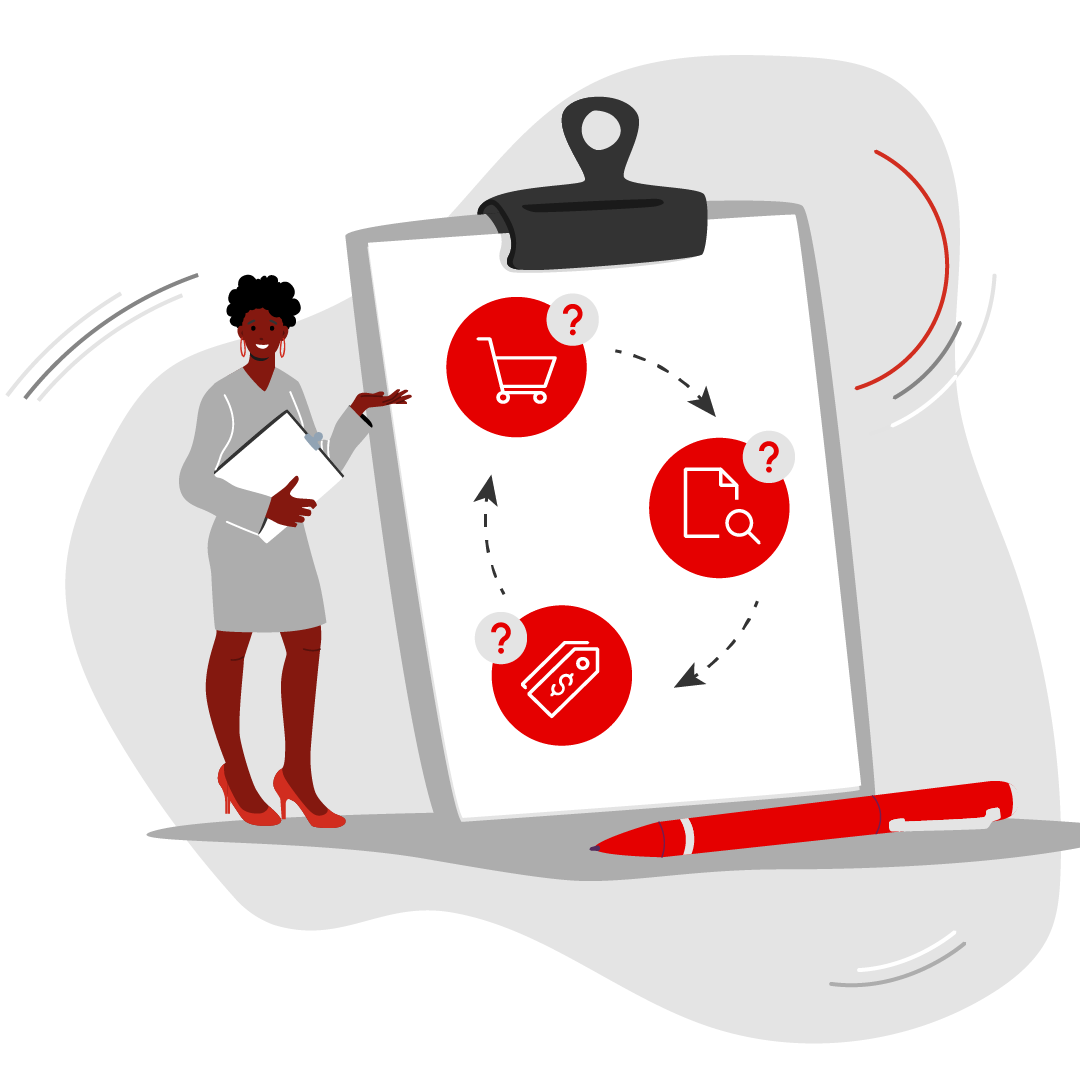
Offer- and order-based retailing, enhanced by AI/ML solutions, presents new ways for agencies to interact with customers. New products, more relevant offers, richer content displays, and streamlined servicing all influence conversion rates, revenue opportunities, customer satisfaction and loyalty.
To capitalize on new opportunities and stay competitive, agency leaders should think about implications to their business strategies:
- Value proposition and service offerings
- Customer acquisition and loyalty tactics
- Target customer segments and marketing activities
- Product scope beyond flights and traditional ancillaries
- Supplier contracts and partnerships for new ancillaries and non-air products and services
- Supporting NDC in requests for proposals/information from corporations
- Retailing and communication opportunities throughout the customer journey
5. How will our operations need to change?
Agencies’ organizational structures and operations will need to adapt for new retailing capabilities. Orders will become more complex as they increasingly feature new products and data from multiple suppliers. Operational processes will change, for example, with the NDC shopping-led workflow and the phasing out of the PNR.
Order management will eventually be more streamlined with a single order record. However, it’s time-consuming for agents in the short-term with disparate servicing capabilities across distribution channels and suppliers.
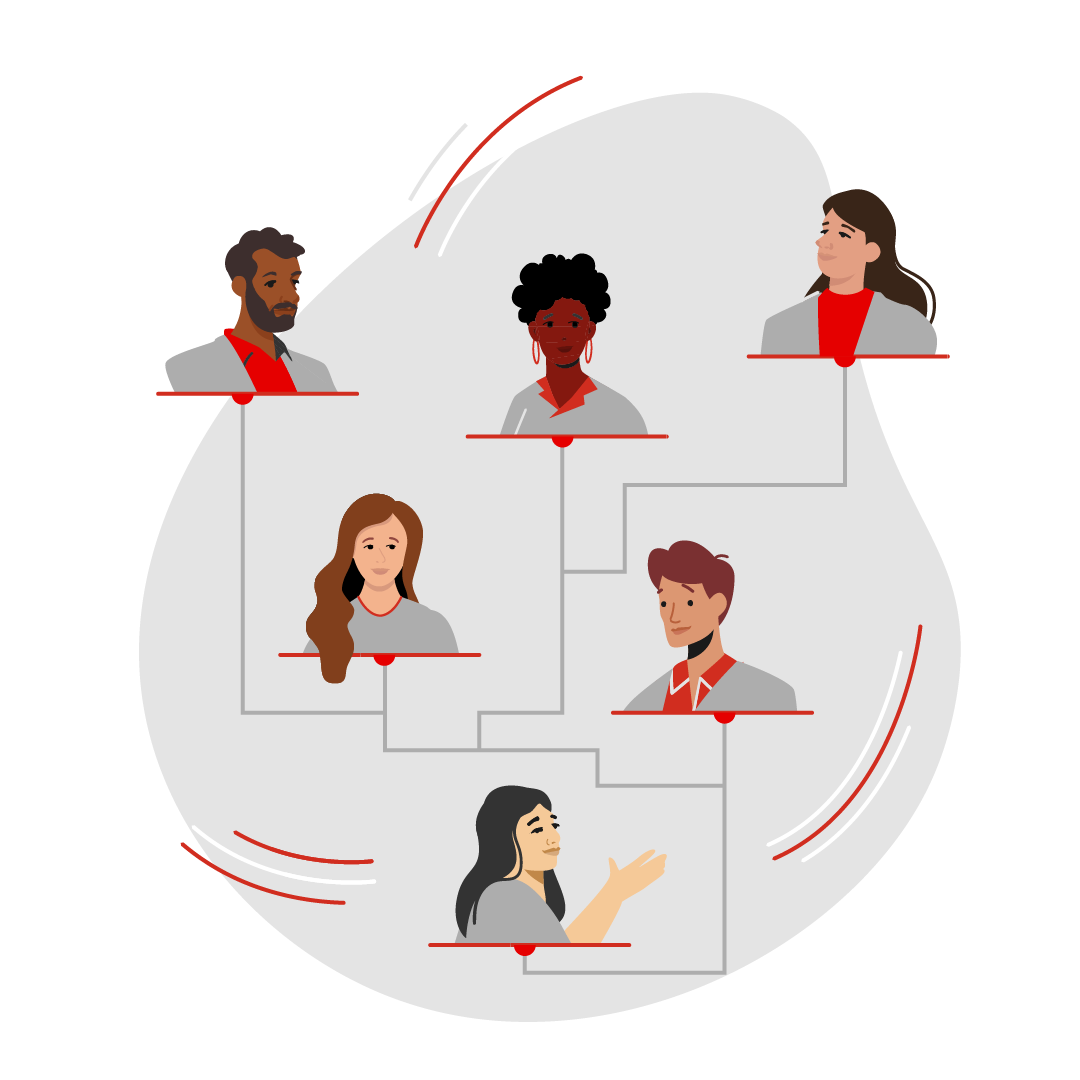
To minimize disruption and future-proof their businesses, agency leaders need to consider how they operate:
- Organizational and team structures to address new capabilities
- Duty of care responsibilities for increasingly complex orders
- Automation, disruption management, and self-service opportunities
- Redefined service level agreements as the product scope increases
- Training on new reconciliation, accounting, analytics and reporting workflows
- Redeployment of individual travel agents to complex servicing and revenue-generating tasks
6. What does an effective tech stack include?
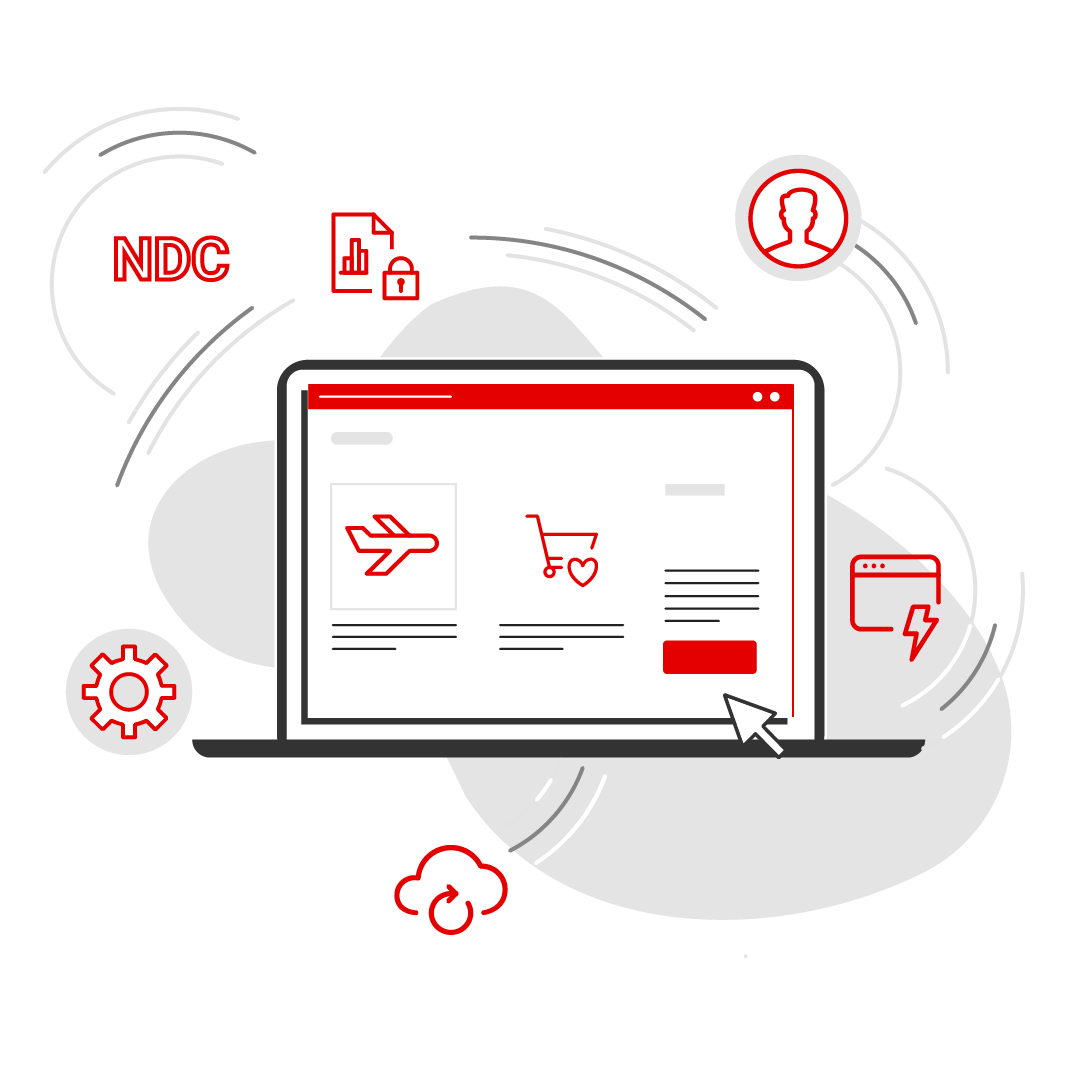
The transition to modern retailing is primarily a technological one: using NDC instead of EDIFACT and phasing out PNRs and EMDs in favor of ONE Order records. These standards introduce new data types and change the size, frequency and quantity of messages sent between systems. This has a knock-on effect on system latency, uptime, scalability and ultimately on customer experience.
To introduce tailored offers, airlines will also rely on more contextual information and customer data from the indirect channel. As traditional technologies are discontinued and new opportunities arise, agency leaders need to consider the technological implications on their systems and processes:
- The interdependence of internal and external systems across front, mid and back office
- Customer relationship management and data stewardship within agencies and between industry stakeholders
- Privacy, security and regulatory compliance for customer and booking data
- Data needs across marketing, accounting, reconciliation, duty of care and more
- The capabilities of marketing and customer relationship management tools
- AI/ML and data science opportunities and challenges
- Internal tech team capabilities and the mix of in-house bespoke software vs bought solutions
7. How can tech providers like Sabre help?

The transition to modern retailing is primarily a technological one: using NDC instead of EDIFACT and phasing out PNRs and EMDs in favor of ONE Order records. These standards introduce new data types and change the size, frequency and quantity of messages sent between systems. This has a knock-on effect on system latency, uptime, scalability and ultimately on customer experience.
To introduce tailored offers, airlines will also rely on more contextual information and customer data from the indirect channel. As traditional technologies are discontinued and new opportunities arise, agency leaders need to consider the technological implications on their systems and processes:
- The interdependence of internal and external systems across front, mid and back office
- Customer relationship management and data stewardship within agencies and between industry stakeholders
- Privacy, security and regulatory compliance for customer and booking data
- Data needs across marketing, accounting, reconciliation, duty of care and more
- The capabilities of marketing and customer relationship management tools
- AI/ML and data science opportunities and challenges
- Internal tech team capabilities and the mix of in-house bespoke software vs bought solutions
8. Are airlines making progress?
Progress varies across the industry and some airlines have made more progress than others: dozens of airlines like Singapore Airlines and Qantas are working on NDC solutions as a stepping-stone towards modern retailing; some airlines like Finnair are going all-in with a plan to phase out EDIFACT distribution by 2025;
and many airlines haven’t yet shared plans to adopt NDC.

Agency leaders can communicate directly with suppliers and leverage relationships with tech providers like Sabre to show and help accelerate progress. These are some of the considerations for discussions with suppliers:
- Availability of new and exclusive NDC offers
- Differences between NDC and existing ATPCO/EDIFACT content and capabilities
- Willingness to introduce or renew corporate negotiated offers
- Data and customer stewardship between suppliers, retailers and customers
- New benchmarks for success and service levels
- Potential changes to business reporting and reconciliation
9. The transition: how do we get there?
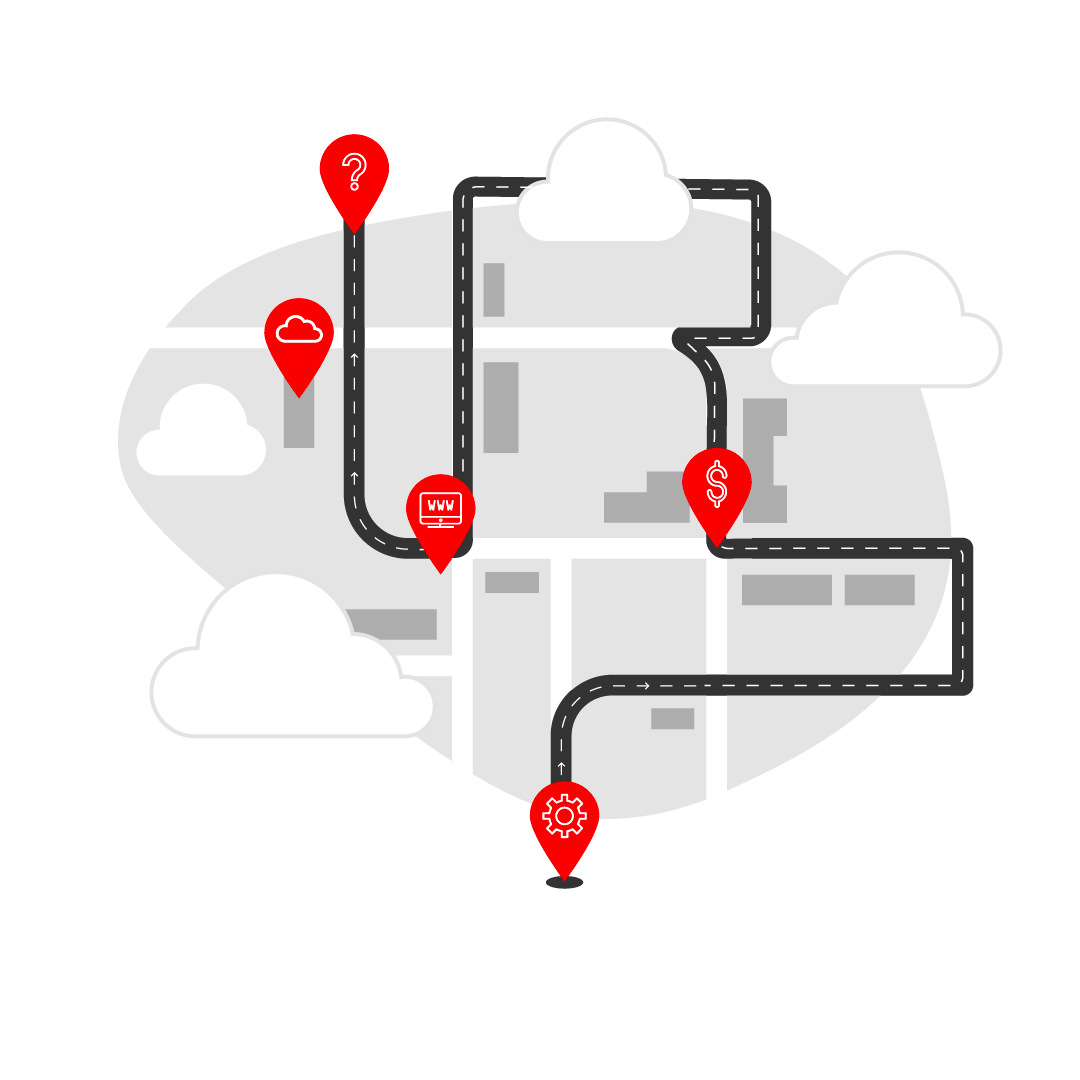
The travel industry is a complex web of stakeholders with different priorities. The transition to modern retailing is a long journey and we’ll undoubtedly face challenges and surprises along the way. IATA set 2030 as the target date for airline industry readiness, but there won’t be a big ‘switch on’ of new content and capabilities or a big ‘switch off’ of traditional technologies – we’ll operate in a world of multi-distribution workflows for many years.
Suppliers are building new solutions and they’re matching existing content and capabilities before experimenting with new ones. Tech providers like Sabre are expanding intelligent aggregation solutions to normalize content and workflows. Agencies have their own work to do on the strategic, operational, and technological considerations.
In the short term, we’re working on overcoming a few core challenges that impact agencies and the broader industry: multiple technical schema versions, shopping versus schedule-led workflows, and the technical performance of NDC-enabled systems. Additionally, 19 airlines currently make their NDC offers available to Sabre-connected agencies. By activating NDC capabilities from Sabre, you can maximize access to leading content with end-to-end workflow support, including servicing.
About the Author
Jonny Blackler is part of the Sabre team exploring what the future of travel will look like, what it means for travel agencies, and how agencies can transition their businesses to make the most of emerging technologies.


